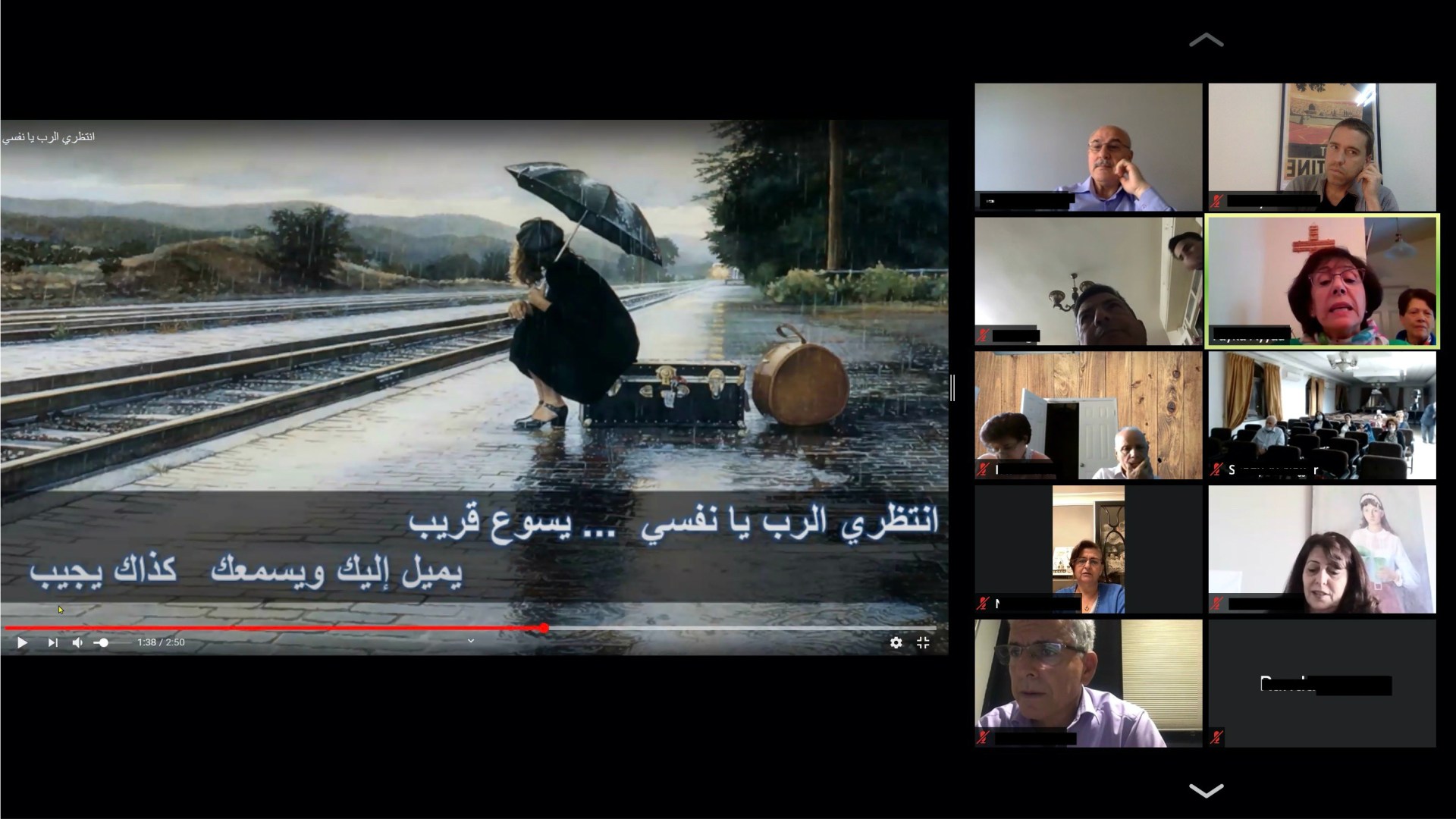Zoom fatigue is real. But so is Zoom revival.
While thankful for video technology, many congregations worldwide have grown weary of COVID-19 lockdowns as they worship from their screens instead of in their sanctuaries.
But under political lockdown since 2007, Gaza Baptist Church in the Palestinian territories has used Zoom to experience reunion.
“Nothing is humorous about Corona, but we see God’s sense of humor,” said Hanna Massad, the former pastor now residing in Connecticut.
“This painful virus gave us fellowship.”
Christians have been an integral part of Gaza for almost two millennia, declining slowly over the past century due to political and economic difficulties. But emigration increased rapidly since Hamas took power—followed by a joint Israel-Egypt blockade—and today less than 1,000 Christians remain in the 25-mile coastal strip.
It comes as little surprise, then, that Gaza Baptist—which drew about 200 weekly participants in the early 2000s—has now been reduced to about a dozen.
But like the rest of the world accommodating coronavirus disruptions in 2020, Gazans jumped on Zoom—for school, for work, for just about everything. Massad, the former pastor who left Gaza in 2007, started organizing Zoom services in June as a way to encourage the community.
The small congregation welcomed the initiative, since they had been without a pastor since last February. Once everyone was accustomed to the new format, Massad began sharing the Zoom link with the diaspora. Now Gazan Christians, and others with meaningful links to the community, join in from Europe, America, the Middle East, and as far as Australia.
Virtual church is what one might expect: a few songs, prayer requests, a short meditation, and a sermon. The reunion comes after the service, when Massad leaves the video chat open.
Smiles and laughs fill the screen, as people catch up with friends and reconnect with former members. In some cases, people haven’t seen one another in 20 years.
One man, who left Gaza prior to the blockade, openly wept for joy. He now wakes before 6 a.m. each week to join the service from California.
Another participant, who was among the first members of the church, described the meeting as a fulfillment of his long-held vision. But having left in the 1970s with only occasional return visits, he had all but abandoned it.
“How wonderful would it be for all the generations of Gazan Christians to meet, all of us who have scattered throughout the world?” he shared two weeks before Christmas, speaking through tears.
“Now, here we are together. It’s a dream come true.”
But these joyous reunions have also brought reminders of pain. The medical system in Gaza is nearly overwhelmed, fear is pervasive, and there is no scheduled arrival date for the vaccine. Several church members have caught the virus and their long-term prognosis is uncertain.
Members also update the diaspora about the ongoing problems with contaminated drinking water, electricity shortages, and the economic blockade. Such conditions make Gaza nearly uninhabitable.
And in non-coronavirus years, Gazan Christians must also obtain special permits to visit family members in Bethlehem and Jerusalem for the holidays. Israel often denies the requests with no explanation.
Founded in the 1950s, Gaza Baptist drew its members from the traditional Greek Orthodox and Roman Catholic communities. This created ecumenical challenges early on, but over the years, individuals and families have largely worked through their differences.
But beyond these difficulties, Gazan Christians have experienced outright persecution. Churches, schools, and bookstores have been attacked or bombed. A decade ago, one Christian was martyred. And earlier this month, Hamas officials issued a public statement, calling Muslims “to limit interaction with Christmas.”
Interpreted as an affront to brotherly Muslim-Christian relations, it sparked a public outcry from both Muslim and Christian Palestinians. A week later, Hamas authorities walked back the statement, affirming their “close relationship with the Christian family.”
This family has experienced no shortage of challenges.
“When people want to become disciples,” said Massad, “they know the cost.”
And they continue to serve their societies.
Gazan Baptists run a school, manage a bookshop, own businesses, and serve as physicians in local hospitals. And the young families who fled Gaza after the martyrdom in 2007 are active in ministry in the West Bank, Germany, and the United States.
During the Christmas service, Massad invited several of them to share five-minute meditations. Recalling the wise men who visited Jesus, the beauty of “God with us,” and the power of the Incarnation, they sprinkled in fond memories of Gaza holidays gone by.
Joyful smiles filled the 44 individual Zoom screens, most holding multiple people. In Gaza, about 60 people gathered in person to watch the service and to enjoy a socially distanced holiday meal.
Easily over 100 participants, the humble community once again neared its 20-year high-water mark.
Said Massad, “God gave us this small screen to be a blessing for one another.”
Kenny Schmitt is a visiting assistant professor at al-Quds Bard College in East Jerusalem. He is currently producing a social history of Gazan Christians over the past century, funded by the National Endowment for the Humanities.










